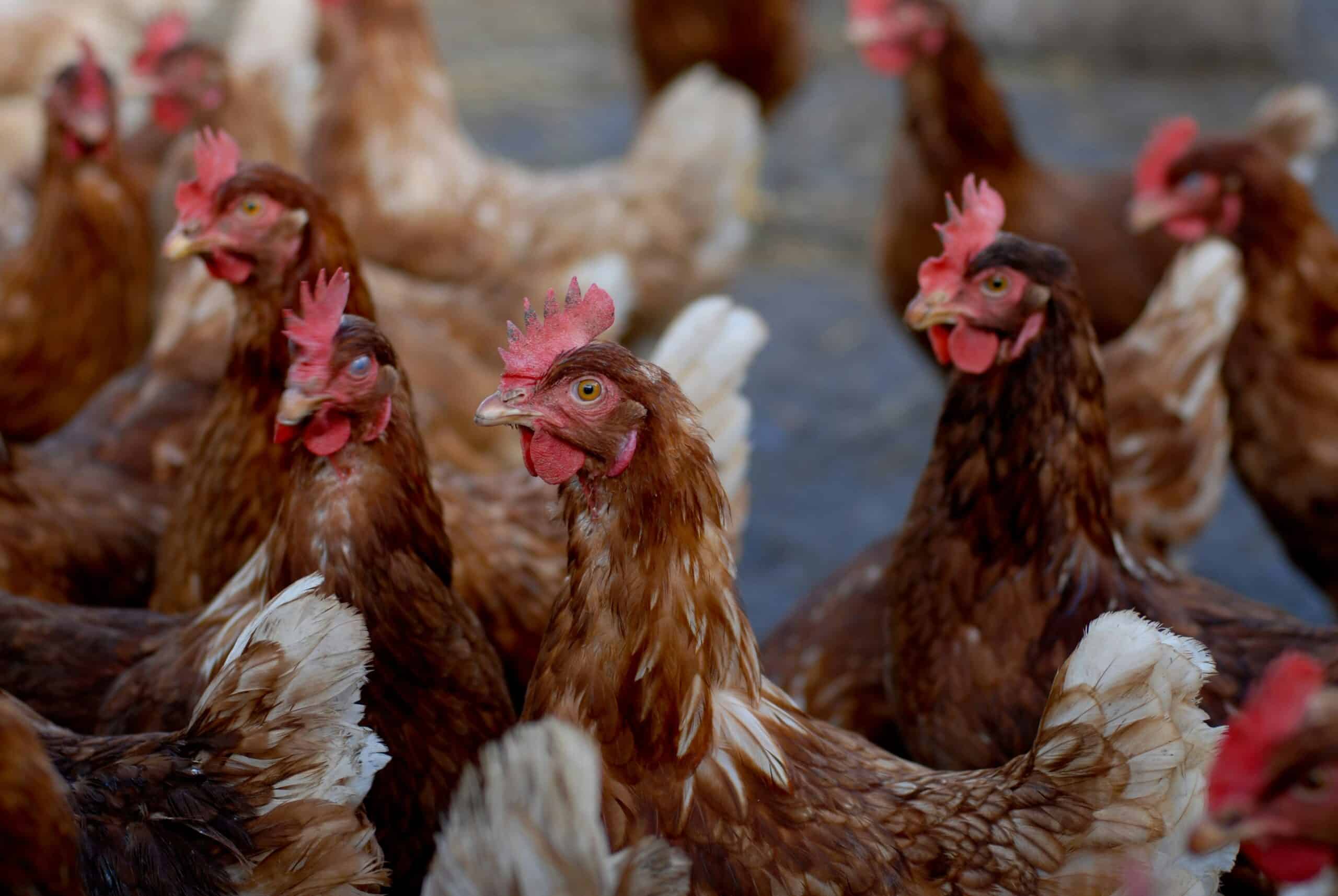Key Takeaways
- Bioxytran’s antiviral PHM23 has been selected by the University of Georgia for inclusion in its USDA HPAI Poultry Innovation Grand Challenge grant submission.
- The program, funded with up to $100 million, seeks solutions to combat Highly Pathogenic Avian Influenza (H5N1).
- PHM23 targets galectins, proteins involved in viral replication, and has shown broad-spectrum antiviral activity in vitro.
- The recognition highlights PHM23’s potential to contribute to disease control in poultry without mass culling.
- Bioxytran is pursuing collaborations with academic and governmental institutions to advance the development of PHM23.
Bioxytran’s PHM23 Included in USDA Grant Submission by University of Georgia
Bioxytran, Inc. (OTCQB: BIXT), a clinical-stage biotechnology firm developing antiviral therapies, announced that the University of Georgia has included its lead antiviral candidate, PHM23, in a grant proposal submitted to the U.S. Department of Agriculture (USDA). The grant is part of the Highly Pathogenic Avian Influenza (HPAI) Poultry Innovation Grand Challenge, which allocates up to $100 million in funding for innovative disease mitigation technologies.
The University of Georgia is recognized for its expertise in poultry health and research. The selection of PHM23 for this high-profile grant submission indicates its relevance as a potential tool to address the ongoing threat of H5N1 avian influenza.
PHM23 Shows Antiviral Potential Targeting Galectin Pathways
PHM23, developed by Bioxytran, functions by inhibiting galectins—proteins associated with viral entry and replication. This mechanism of action targets viral spike proteins and has demonstrated broad antiviral effects in vitro. According to the company, this includes activity against viruses with similarities to Bird Flu, including H5N1 strains.
The antiviral candidate is designed to prevent virus-host cell binding, a method Bioxytran states may lower the risk of resistance due to viral mutation. The approach is intended to minimize the need for large-scale culling and reduce economic losses in the poultry sector.
Bioxytran Emphasizes Scientific Collaboration and Global Impact
David Platt, CEO of Bioxytran, stated: “This recognition from the University of Georgia is a testament to the transformative potential of complex carbohydrate-based antiviral drugs in addressing one of the most pressing challenges in global agriculture. Being selected for the USDA’s HPAI Poultry Innovation Grand Challenge submission validates our innovative galectin antagonist platform and highlights PHM23’s role in safeguarding animal health and the global food supply.”
Bioxytran indicated it is seeking collaboration with partners across academic, industry, and governmental sectors to further research, regulatory progression, and potential deployment of PHM23.
USDA Grant Program Supports Disease Prevention in Poultry
The USDA’s Poultry Innovation Grand Challenge aims to mitigate the spread of Highly Pathogenic Avian Influenza in the U.S. poultry industry. With significant annual losses reported due to outbreaks, the program supports advanced tools and treatments that improve biosecurity, reduce transmission, and enhance disease response protocols.


